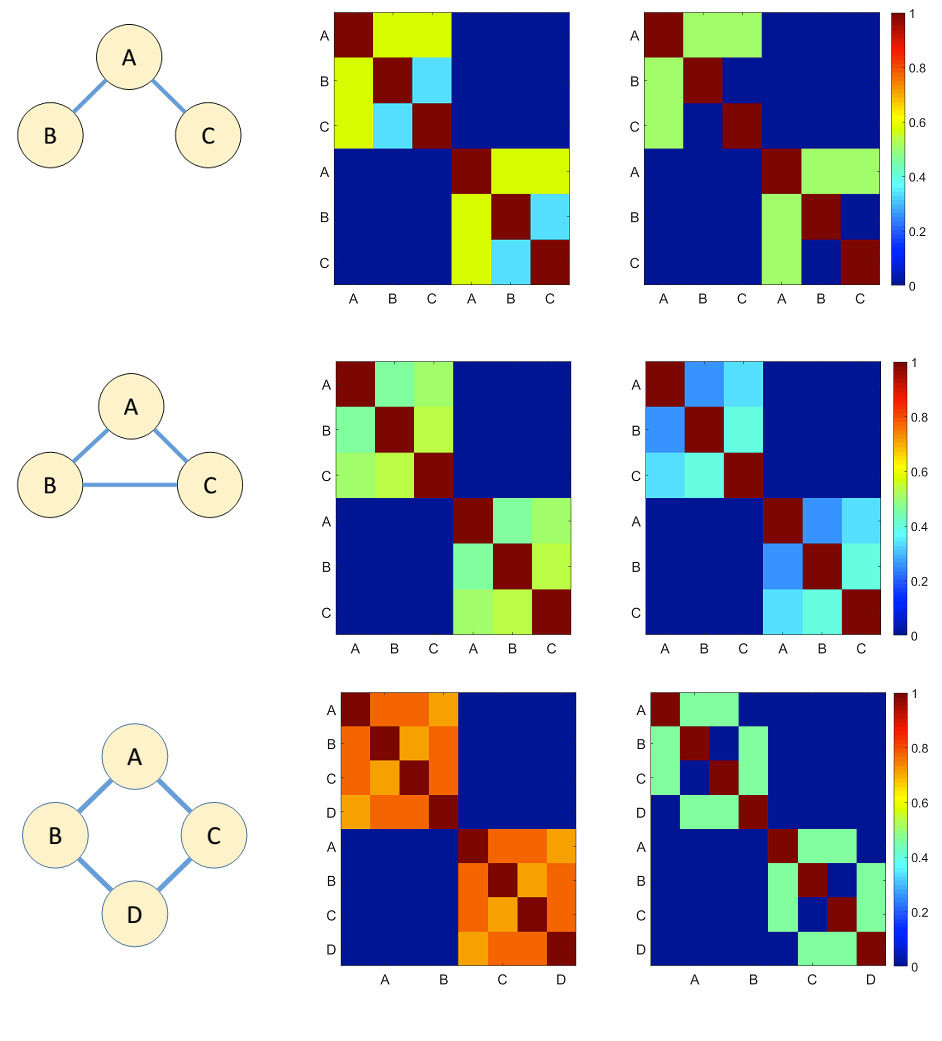Thalamic epileptic spikes disrupt spindles in epileptic encephalopathy
- Anirudh Wodeyar
- Aug 22, 2024
- 2 min read

Epilepsy is frequently thought about from the perspective of seizures with the primary motivation of therapy being seizure reduction. But there is another side to epilepsy that can, in some cases, be even more debilitating. Epileptic spikes - transient bursts of voltage that happens between seizures - can steadily worsen cognitive function. How?
In a recent paper published at Brain (https://lnkd.in/en7JnTUA), we showed that epileptic spikes in sleep begin in the cortex, and are potentially facilitated by a global sleep electrical rhythm (the slow oscillation), but if and when they reach the thalamus (a heavily interconnected deep-brain structure with strong modulatory capability) then they disrupt the sleep spindle (another sleep electrical rhythm, but more local). Now, sleep spindles have been linked to overnight memory consolidation in sleep through their capacity to modulate neural plasticity. So a steady degradation of the sleep spindle occurrence offers a plausible mechanism of cognitive dysfunction.
What's more, this story offers an explanation for why you can see spindles after spikes sometimes. Slow oscillations facilitate both spikes AND spindles - but only when spikes make it to the thalamus, then spindles are disrupted.
This is a complicated story and there was a bunch of fun complicated statistics that went with it (we used Poisson GLMs to model the slow oscillations, spindles and spikes as events!). And also, this work shows how you could try to model a rhythmic context-dependent effect: whether or not spikes reach the thalamus modulates the effect of slow oscillations on spindles.
This work couldn't have happened without my teammates and mentors Cat and Mark. I remember first showing my observation of thalamic spikes disrupting spindles in a spectrogram to Cat Chu and being confused and her understanding what it showed and saying "this is a million dollar image" 😁 (that hasn't come in yet - but always open to it!)


Comments